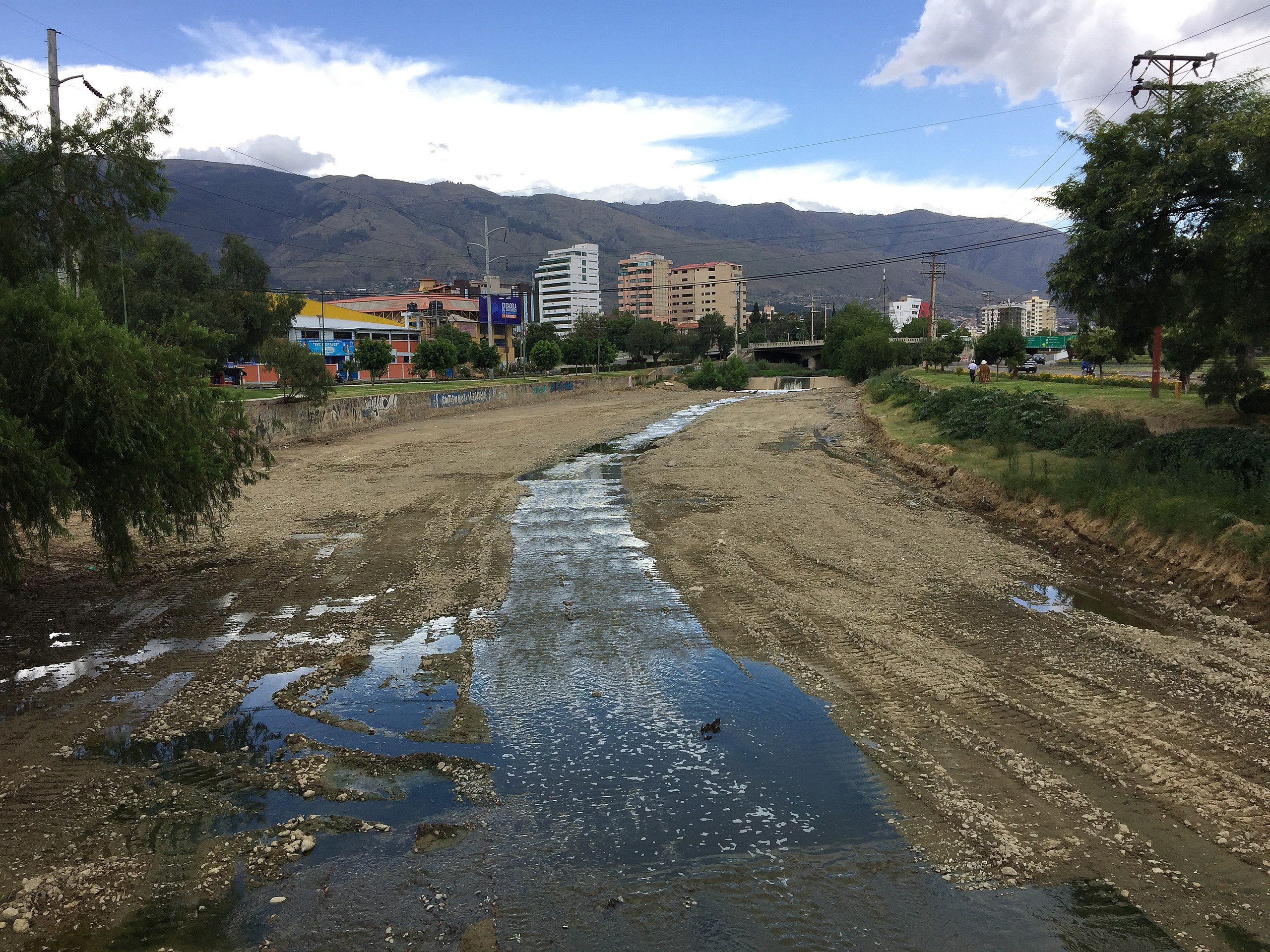
David Purkey
The Robust Decision Support process for participatory planning
The SEI practice of RDS is a participatory planning process based on a theoretical decision making under uncertainty framework referred to as Robust Decision Making (RDM).
NCAP Guatemala: Engagement in the Planning Process
ADAPTATION AT ALTITUDE
Mountains at the frontline of climate change
Mountains feature some of the clearest indications of climate change: rising temperatures, melting glaciers and changing precipitation patterns are disrupting water flows and affecting ecosystems, creating and worsening natural hazards and threatening livelihoods and communities both within the mountains and downstream.
Read More
Mountain regions cover about one quarter of the Earth’s land surface and are home to more than 1 billion people. Mountains host an impressive array of natural resources – 25% of terrestrial biodiversity and 60% of all biosphere reserves – and they supply freshwater for lowland irrigation and domestic use for half of the global population. Mountains provide essential ecosystem services for livelihoods, and with their rich ethnic and cultural diversity and magical natural beauty they offer recreation and restoration for residents and visitors alike.
Mountains feature some of the clearest indications of climate change: rising temperatures, melting glaciers and changing precipitation patterns are disrupting water flows and affecting ecosystems, creating and worsening natural hazards and threatening livelihoods and communities both within the mountains and downstream. And because climate impacts are often more profound in mountains and affect people already confronting poverty and land degradation, mountain livelihoods are particularly sensitive to climate change.
Mountain people have always faced the challenges of living in a rugged environment and have developed coping strategies to adapt to harsh conditions, but the unprecedented magnitude and speed of climate change puts them under increasing pressure.


